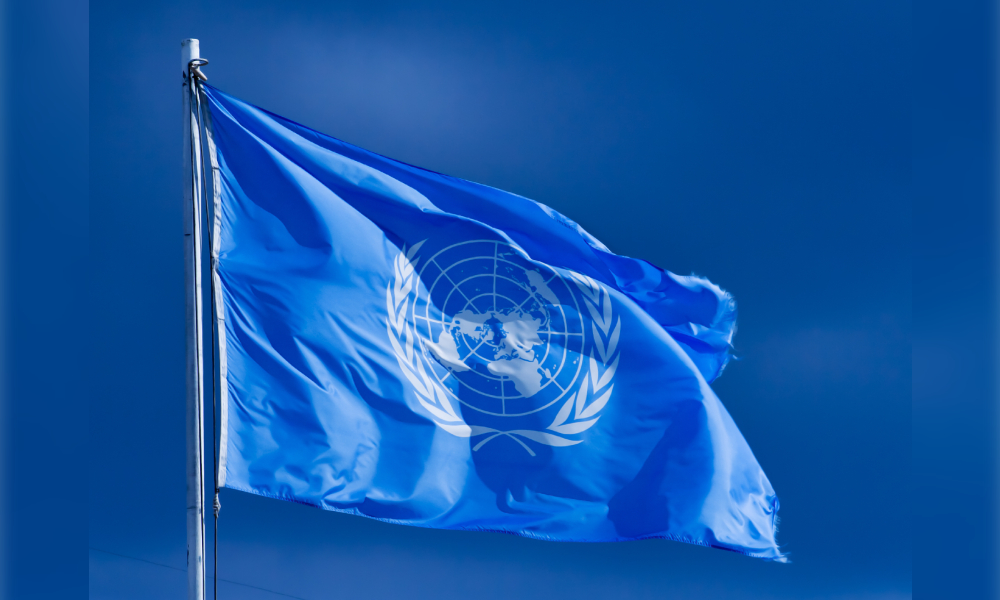
Statement urges implementation of legislation during Parliament’s fall session

The Coalition for the Human Rights of Indigenous Peoples has issued a statement on the 13th anniversary of the adoption of the United Nations Declaration on the Rights of Indigenous Peoples.
The Coalition’s statement has been endorsed by 16 organizations and individuals, including First Nations, human rights groups and civil society partners.
The Declaration, which the UN General Assembly has reaffirmed nine times since its adoption, sets the minimum standards for protecting the pre-existing and inherent human rights of Indigenous peoples around the world, including the right to self-determination. It promotes decolonization and the fostering of mutually beneficial relationships between Indigenous communities and governments. The Truth and Reconciliation Commission of Canada has dubbed it “the framework for reconciliation.”
In its statement the Coalition called for the “long overdue” implementation of the Declaration in Canada through the passage of federal legislation. It asks the government, which has committed to introducing legislation that will implement the Declaration, to ensure that Bill C-262 is passed into law during the Parliament’s fall session.
Bill C-262 defines a process for government and Indigenous communities to work together to decide how federal legislation and policies should be changed to adhere to the minimum standards of the Declaration.
In 2018, the House of Commons passed Bill C-262, which “would already be part of Canadian law except for filibustering in the Senate,” the Coalition stated.
“Misunderstandings and misinformation over Indigenous consent cannot continue to delay and obstruct federal legislation to implement the Declaration,” the Coalition said. “‘Consent’ should not be confused with ‘veto’ – which implies an absolute right, regardless of the facts and law in any given case.”
The passage of Bill C-262 on the national level would send a message to the provincial and territorial governments, to industry and to the public that the federal government is committed to partnering and collaborating with Indigenous peoples, the Coalition said. Such implementation would help Canada comply with its fundamental legal and moral obligations, would assist in building a new relationship with Indigenous communities, would promote the health and wellness of Indigenous peoples and would make for an overall stronger and more inclusive society.
The Coalition also noted that Canadian law and policy has positively evolved, showing an increasing tendency to respect the decision-making authority and jurisdiction of Indigenous governments. “The Declaration creates space for legal pluralism and for the laws and legal systems of Indigenous peoples to be respected and upheld,” it said.
The implementation of the Declaration is all the more urgent due to the effects of the COVID-19 pandemic, with marginalized and vulnerable groups such as Indigenous communities most burdened by these impacts, as Indigenous peoples in Canada currently face unsafe drinking water, overcrowded housing, employment insecurity, and violence and systemic racism in policing.
The Coalition called attention to the B.C. government’s Declaration on the Rights of Indigenous Peoples Act, through which B.C. has committed to implementing the UN Declaration on the Rights of Indigenous Peoples, making it the first Canadian province to do so. The Act took inspiration from Bill C-262 and continues to have positive results for Indigenous peoples in the province, the Coalition said.